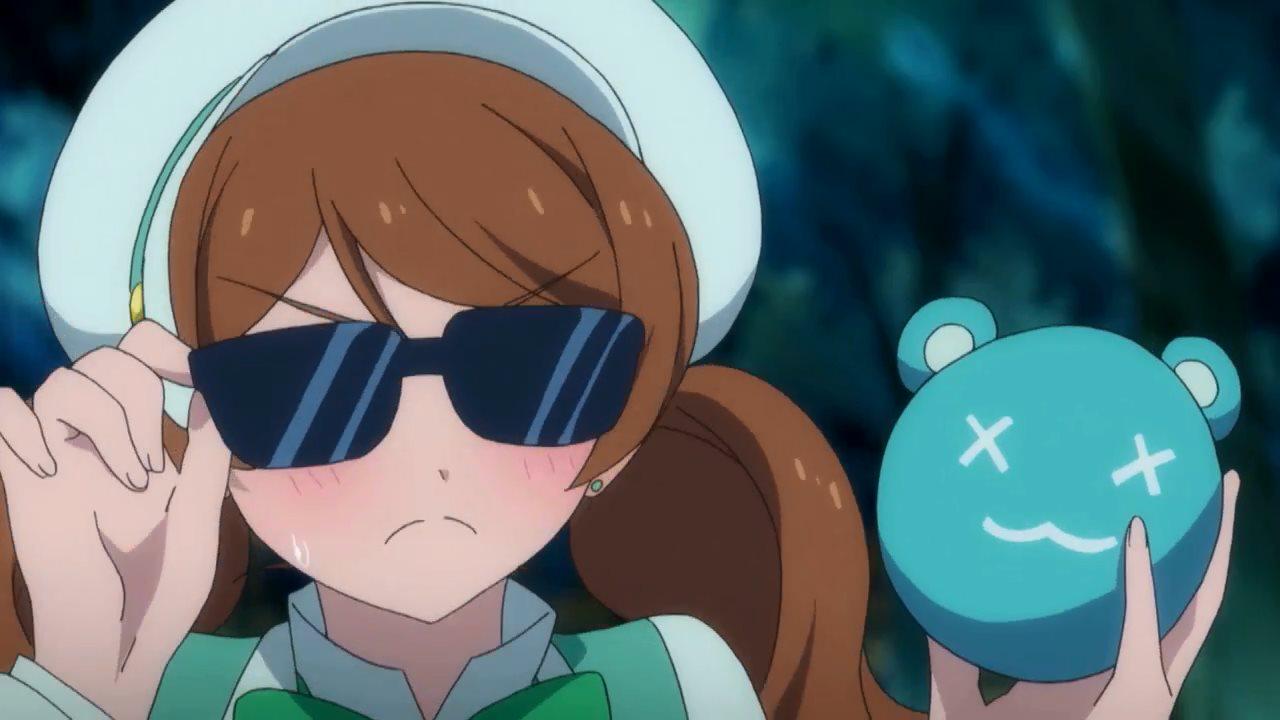"We never had very good contracts," he admits. "In fact, we didn't have a very good contract for Evangelion, either, but it was just so popular. So basically we made money on the products we put out ourselves. They said on the news how Evangelion had passed the 30 billion yen mark, so even if the contract only gave us 1% of that, it's still be 300 million yen!"
Until then, the games division kept GAINAX running. Yamaga recalls that Takami Akai, who'd been with the group since their college days, suddenly bought a computer and announced, "Let's do games! If we do games, we can make money."
"According to him, at that time with Japanese computer games, the art was done by the programmers, so it totally sucked," Yamaga explains. Since Akai was a painter, he'd be able to create decent images, even with the limit of 16 displayable colors at the time. "He was like, 'If we do this, there's no way we can go wrong!"
Akai's concept was literally on the money. "Princess Maker (1991) was a big hit, and that paid our salaries for quite a while," Yamaga says on the princess raising simulation. "Unlike the anime and films, we make the games all in-house and sell some of them ourselves, so it's not just that we have the rights; we get to keep the take in those cases, so hit or no hit, the amount of money coming in is totally different."














